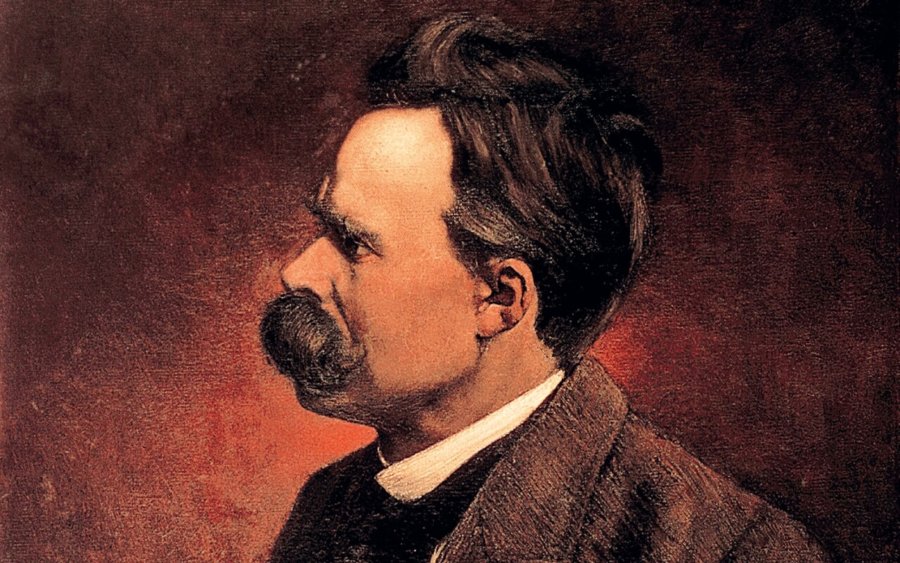Out Went Horror Vacui: On No Longer Being Afraid of the Nothingness of the Void

That the ascetic ideal has meant so many things to man, however, is an expression of the basic fact of the human will, its horror vacui; it needs a goal – and it will rather will nothingness than not will. – Am I understood? . . . Have I been understood? – “Not at all, my dear sir!” – Then let us start at the beginning. – Friedrich Nietzsche, Genealogy of Morality




